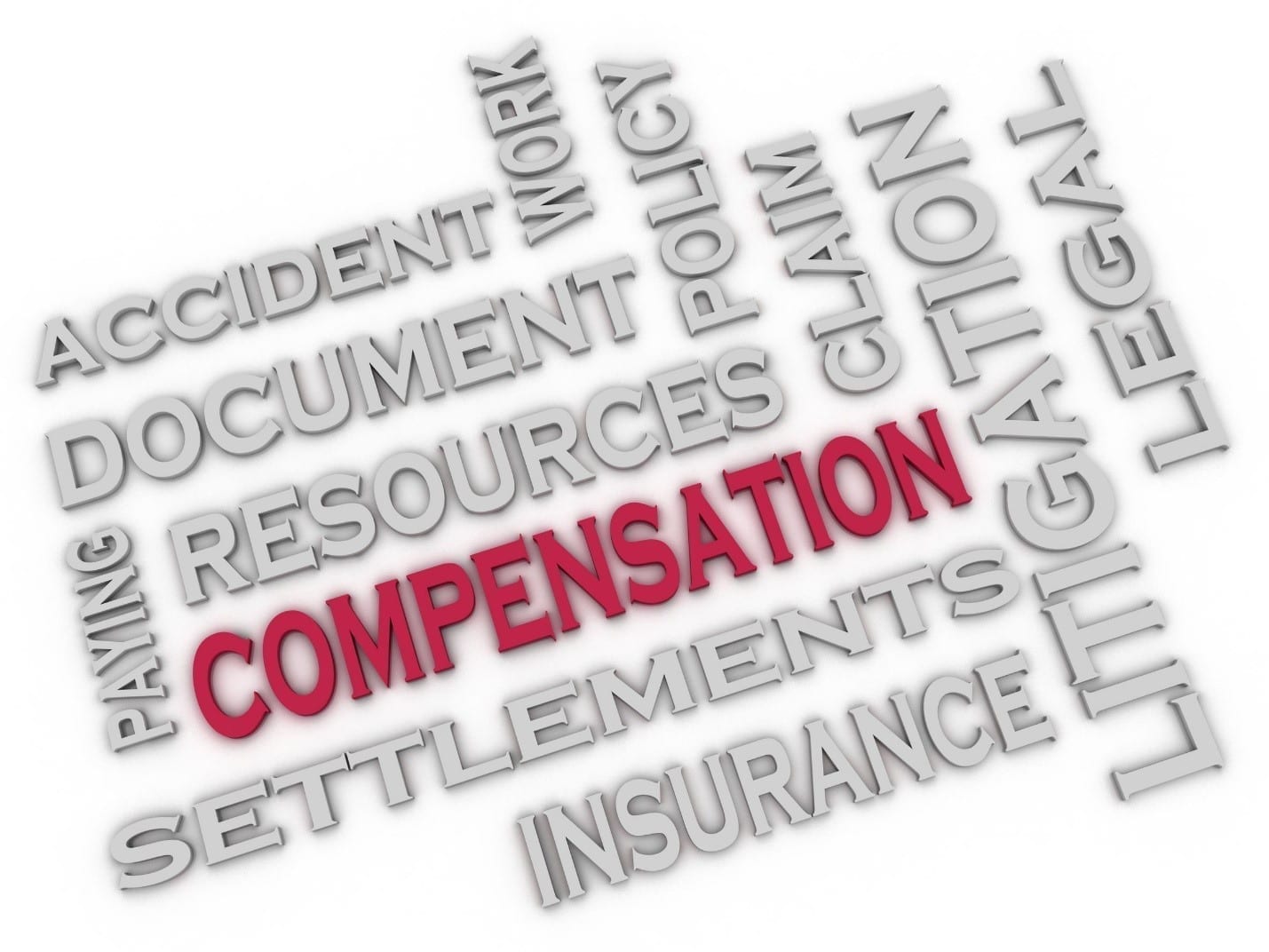How to Fight Illinois Charges of Criminal Damage to Property
Criminal damage to property is defined as the purposeful damage or destruction of another’s property or land. Generally these charges are taken quite seriously, and are considered to be either Class A Misdemeanor or felony-level offenses. This means that they carry hefty sentences.
Moreover, if you are convicted of criminal damage to property, you will be left with a permanent criminal record that will continue to haunt you long after you’ve served your time. It is therefore important to understand these charges to know what you’re up against and what potential defenses you might be able to use to fight back.
How Criminal Damage to Property Is Charged in Illinois
The Illinois laws regarding criminal damage to property are somewhat complex. The level of charge you face is related to the amount of damage done, and in some cases the type of property damaged, with damage to certain properties – such as farm equipment, schools, or places of worship – carrying enhanced sentencing.
Class A Misdemeanor
If the alleged property damage is valued at under $300, it will be charged as a Class A misdemeanor. This carries a sentence of up to one year of jail time and fines of up to $2,500.
Class 4 Felony
If the property damage is valued at $300-$10,000, the defendant will be charged with a Class 4 felony. If the property in question is a school, place of worship, or farm equipment, and the damage is valued at less than $300, this is also charged as a class 4 felony.
A Class 4 felony carries a sentence of 1-3 years in prison and up to $25,000 in fines. A felony-level offense also carries much more serious consequences down the road. Convicted felons are prohibited from owning weapons or voting, and are more likely to struggle with finding employment and housing, among other difficulties.
Class 3 Felony
If the alleged property damage is between $10,000 and $100,000, it will be charged as a Class 3 felony. If the property is a school, place of worship, or farm equipment, and the damage valued at $300-$10,000, the offense is charged as a Class 3 felony. This carries a sentence of 2-5 years in prison and fines up to $25,000.

Class 2 Felony
Criminal damage to property is charged as a Class 2 felony if the damage exceeds $100,000. If the property is a school, place of worship, or farm equipment, and the damage is valued at $10,000-$100,000, it is also charged as a Class 2 felony. This is punishable by 3-7 years in prison and fines up to $25,000.
Class 1 Felony
If the property is a school, place of worship, or farm equipment, and the damage exceeds $100,000, this offense is charged as a Class 1 felony, which is punishable by 4-15 years’ imprisonment and up to $25,000 in fines.
How to Defend Against Criminal Damage to Property Charges
Although criminal damage to property charges are quite severe, there are a number of defenses that can be used. If the defendant is caught in the act and apprehended at the scene, defenses are usually focused upon mitigating the severity of charges. If the defendant is charged with the offense after it is committed based upon witnesses, surveillance, or other evidence, it is possible that he or she has been wrongly accused.
Mistaken Identity
If the defendant is accused based upon surveillance videos or witness statements, it is possible that he or she has been wrongly identified, and did not commit the offense. In this case a mistaken identity defense is appropriate.
Mistake in Ownership
Criminal damage to property refers to the unauthorized and deliberate damage of another party’s property. If the defendant or another reasonable person could feasibly have mistaken the property to be his or her own, a mistake in ownership defense is reasonable.

Accident
Criminal damage to property is committed intentionally. If the damage occurred as the result of an accident, it may be possible to reduce the charges. In many cases, the defendant will still be required to compensate the property owner for damages, but criminal charges will be dropped.
If you or a loved one are facing criminal damage of property or vandalism charges, reach out to the best available Chicago criminal defense attorney as early in the process as possible.
An experienced, reputable defense attorney with a proven track record in property crime cases will make sure your rights are protected, maximize your chances of a favorable outcome, and may even be able to get your charges dropped altogether.
About the Author:
Andrew M. Weisberg is a former felony prosecutor who now serves as a defense attorney in the greater Chicago area. He has extensive experience in handling all types of criminal cases, from sex offenses and domestic violence to retail theft-related crimes, murder, and drug crimes.







 Blog Home
Blog Home 










